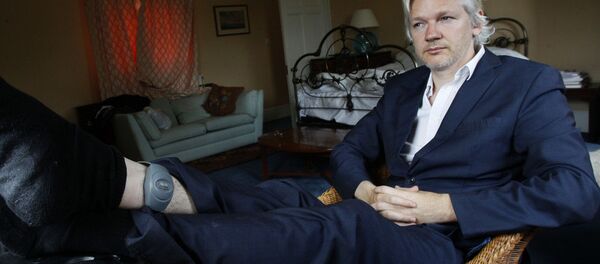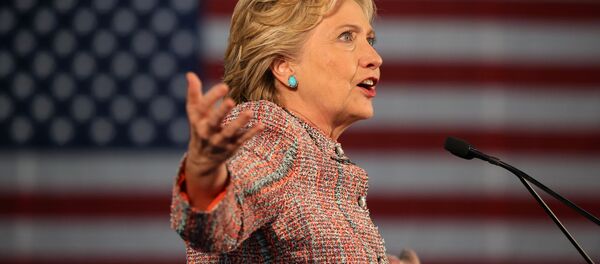US District Judge Royce Lamberth has ordered former American Envoy to the UN and later Barack Obama's National Security Adviser Susan Rice to answer written questions as part of a lawsuit against former Secretary of State Hillary Clinton's use of a private email server. The questions reportedly touch upon the State Department's response to the 2012 terror attack in Benghazi, Libya and its attempts to obtain Clinton's missing emails, related to the incident.
Apart from that, Judge Lamberth authorised the same written questioning for Ben Rhodes, who was Rice's deputy during her time as national security adviser. The judge also agreed to depose the Department of State about preparing talking points for Rice's appearances on political talk shows in the wake of the Benghazi attack.
The conservative group Judicial Watch, which initiated the inquiry into the State Department's actions regarding Clinton allegedly deliberately hiding her emails, believes that the questioning and the deposition will shed light on the former Secretary of State's email affair.
READ MORE: Clock Ticking for Hillary Clinton as DC Judge Demands Answers Over Email Scandal
"In a major victory for accountability, Judge Lamberth today authorised Judicial Watch to take discovery on whether the Clinton email system evaded FOIA and whether the Benghazi scandal was one reason for keeping Mrs Clinton's email secret", the group's president Tom Fitton said.
An Islamic militant group Ansar al-Sharia attacked US diplomatic facilities in Benghazi, Libya on 11 September 2012, killing four diplomatic workers, including Ambassador Christopher Stevens, and two CIA contractors. Then Secretary of State Hillary Clinton was questioned by the US Congress on the issue and admitted that not enough security measures had been implemented to prevent the attack.
Clinton came under fire in 2016 after her use of a private email server for work correspondence, including classified and secret issues, during her tenure as Secretary of State became known to the public. Her actions were scrutinised by the FBI amid the 2016 presidential campaign, but in the end the FBI only condemned her use of a private email server, but recommended that no charges be filed.




